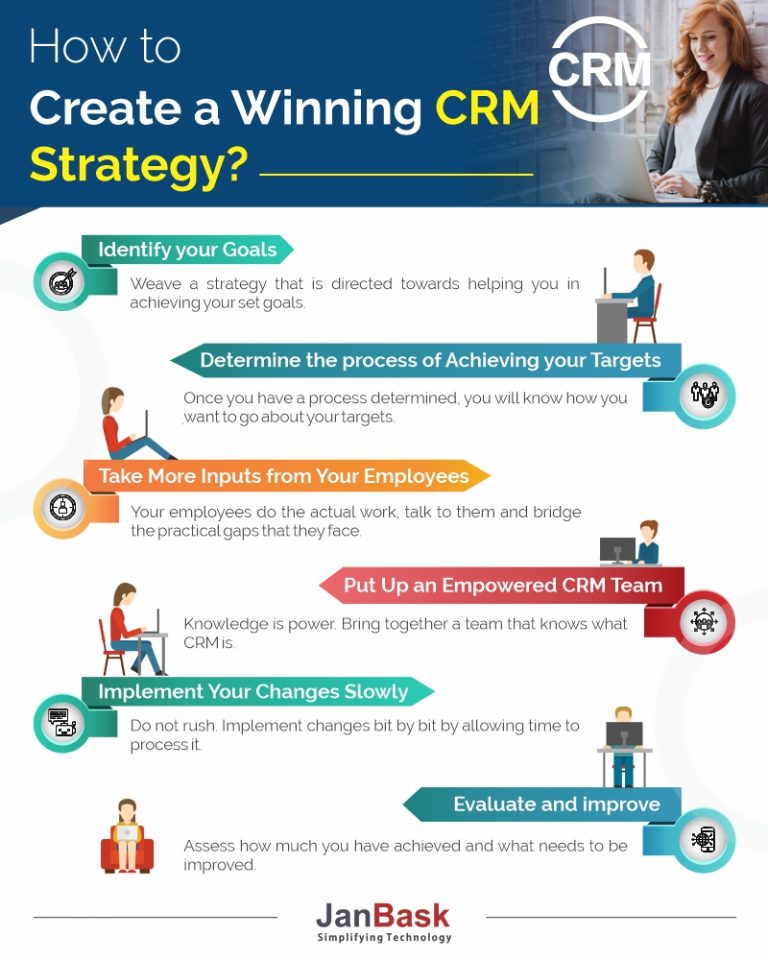"Rev Up Your Business with CRM: How Data-Driven Decisions Can Take You to the Next Level"
"Rev Up Your Business with CRM: How Data-Driven Decisions Can Take You to the Next Level"

"Rev Up Your Business with CRM: How Data-Driven Decisions Can Take You to the Next Level"
Are you tired of making business decisions based on hunches or guesses? Do you wish you had a crystal ball to predict what your customers want and need? Well, buckle up, folks, because Customer Relationship Management (CRM) is here to save the day! In this article, we’ll explore how CRM drives data-driven decisions, and why it’s a game-changer for businesses of all sizes.
What is CRM, Anyway?
Before we dive into the good stuff, let’s cover the basics. CRM is a software system that helps businesses manage their interactions with customers, clients, and sales prospects. It’s like a super-smart notebook that keeps track of every phone call, email, meeting, and conversation you have with your customers. But that’s not all – CRM also analyzes this data to provide insights into customer behavior, preferences, and needs.
The Power of Data-Driven Decisions
Making data-driven decisions is like having a superpower in business. With CRM, you can:
- Predict customer behavior: Analyze customer data to identify patterns and trends that help you anticipate their needs and wants.
- Improve sales forecasting: Use historical sales data to predict future sales and make informed decisions about inventory, staffing, and marketing.
- Personalize marketing campaigns: Use customer data to create targeted marketing campaigns that speak directly to their interests and needs.
- Enhance customer satisfaction: Analyze customer feedback and complaints to identify areas for improvement and provide better customer service.

How CRM Drives Data-Driven Decisions
So, how exactly does CRM help you make data-driven decisions? Here are a few ways:
- Data Integration: CRM integrates data from multiple sources, including social media, email, phone calls, and meetings. This provides a complete view of customer interactions and behavior.
- Data Analysis: CRM analyzes customer data to identify patterns, trends, and correlations. This helps you understand customer behavior, preferences, and needs.
- Reporting and Visualization: CRM provides reporting and visualization tools that help you make sense of customer data. This includes charts, graphs, and dashboards that give you a quick snapshot of customer behavior.
- Machine Learning: Some CRM systems use machine learning algorithms to predict customer behavior and provide personalized recommendations.
Real-Life Examples of CRM in Action
Let’s look at a few real-life examples of how CRM drives data-driven decisions:
- Amazon: Amazon uses CRM to analyze customer purchase history and recommend products that are likely to interest them. This has helped Amazon increase sales and improve customer satisfaction.
- American Express: American Express uses CRM to analyze customer spending patterns and offer personalized rewards and offers. This has helped American Express increase customer loyalty and retention.
- Sephora: Sephora uses CRM to analyze customer purchase history and recommend products that are likely to interest them. This has helped Sephora increase sales and improve customer satisfaction.
Best Practices for Using CRM to Drive Data-Driven Decisions
Here are a few best practices for using CRM to drive data-driven decisions:
- Set clear goals: Define what you want to achieve with CRM, and set clear goals and metrics for success.
- Use data to tell a story: Use CRM data to tell a story about your customers and their behavior. This will help you gain insights and make informed decisions.
- Keep it simple: Don’t get overwhelmed by too much data. Focus on the metrics that matter most to your business.
- Use CRM consistently: Make CRM a part of your daily routine. Use it to track customer interactions, analyze data, and make informed decisions.
Conclusion
CRM is a powerful tool that can help you drive data-driven decisions and take your business to the next level. By analyzing customer data, predicting customer behavior, and providing personalized recommendations, CRM can help you:
- Increase sales and revenue
- Improve customer satisfaction and loyalty
- Enhance marketing campaigns and targeting
- Make informed decisions about product development and inventory management
So, what are you waiting for? Buckle up and rev up your business with CRM today!
